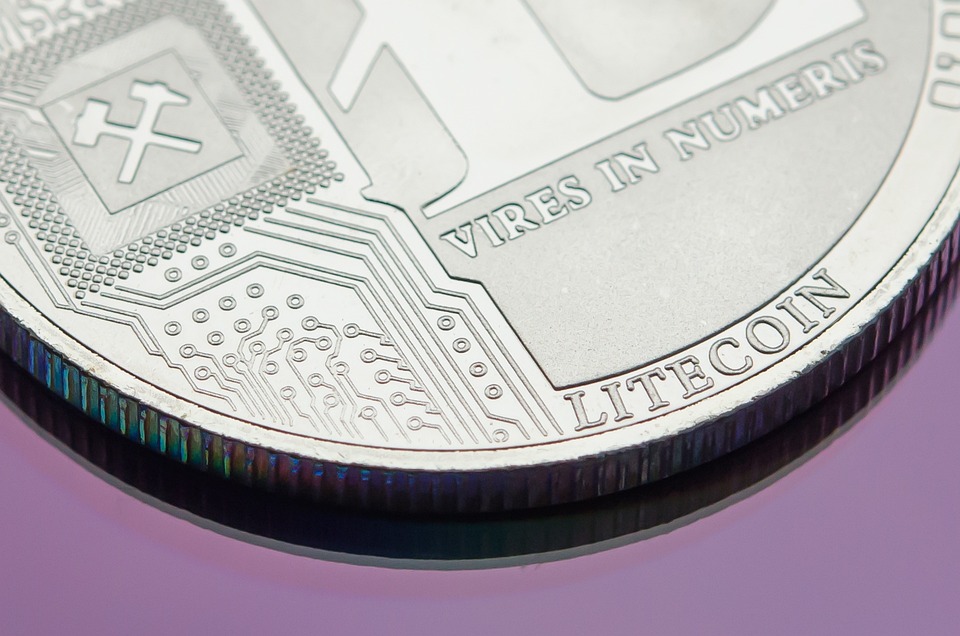Smart contracts are emerging as the next generation of contract management in the digital age. These contracts are revolutionizing how agreements are made and executed, by automating the process and eliminating the need for intermediaries. This technology holds the potential to streamline and simplify the contract management process, saving time and resources for businesses.
Smart contracts are self-executing agreements with the terms of the contract written into code. This code is stored on a blockchain network, which is a decentralized and secure digital ledger. Once the conditions outlined in the contract are met, the contract is automatically executed, without the need for human intervention. This eliminates the potential for disputes or delays in contract fulfillment.
One of the key benefits of smart contracts is their transparency and security. Because the code is stored on a blockchain network, it cannot be altered or tampered with, ensuring the integrity of the agreement. Additionally, all parties involved in the contract can view the terms and conditions, providing a level of transparency that is often lacking in traditional contracts.
Another advantage of smart contracts is their efficiency. By automating the contract execution process, businesses can save time and resources that would otherwise be spent on manual tasks. This allows organizations to focus on more strategic initiatives and improve their overall productivity.
Furthermore, smart contracts have the potential to reduce the risk of fraud and errors in contract management. Because the terms of the contract are written in code, there is less room for misinterpretation or manipulation of the agreement. This can help businesses avoid costly disputes and legal battles that often arise from traditional contracts.
While smart contracts offer many benefits, there are still challenges that need to be addressed before they can be widely adopted. One of the main challenges is the legal recognition of smart contracts. As these agreements are still relatively new, there is a lack of clear regulations governing their use. This can make it difficult for businesses to ensure that their contracts are legally binding.
Despite these challenges, smart contracts are poised to revolutionize the way contracts are managed in the digital age. With their transparency, security, and efficiency, smart contracts offer a promising solution for businesses looking to streamline their contract management processes. As more organizations begin to adopt this technology, we can expect to see a shift towards a more automated and efficient approach to contract management.




